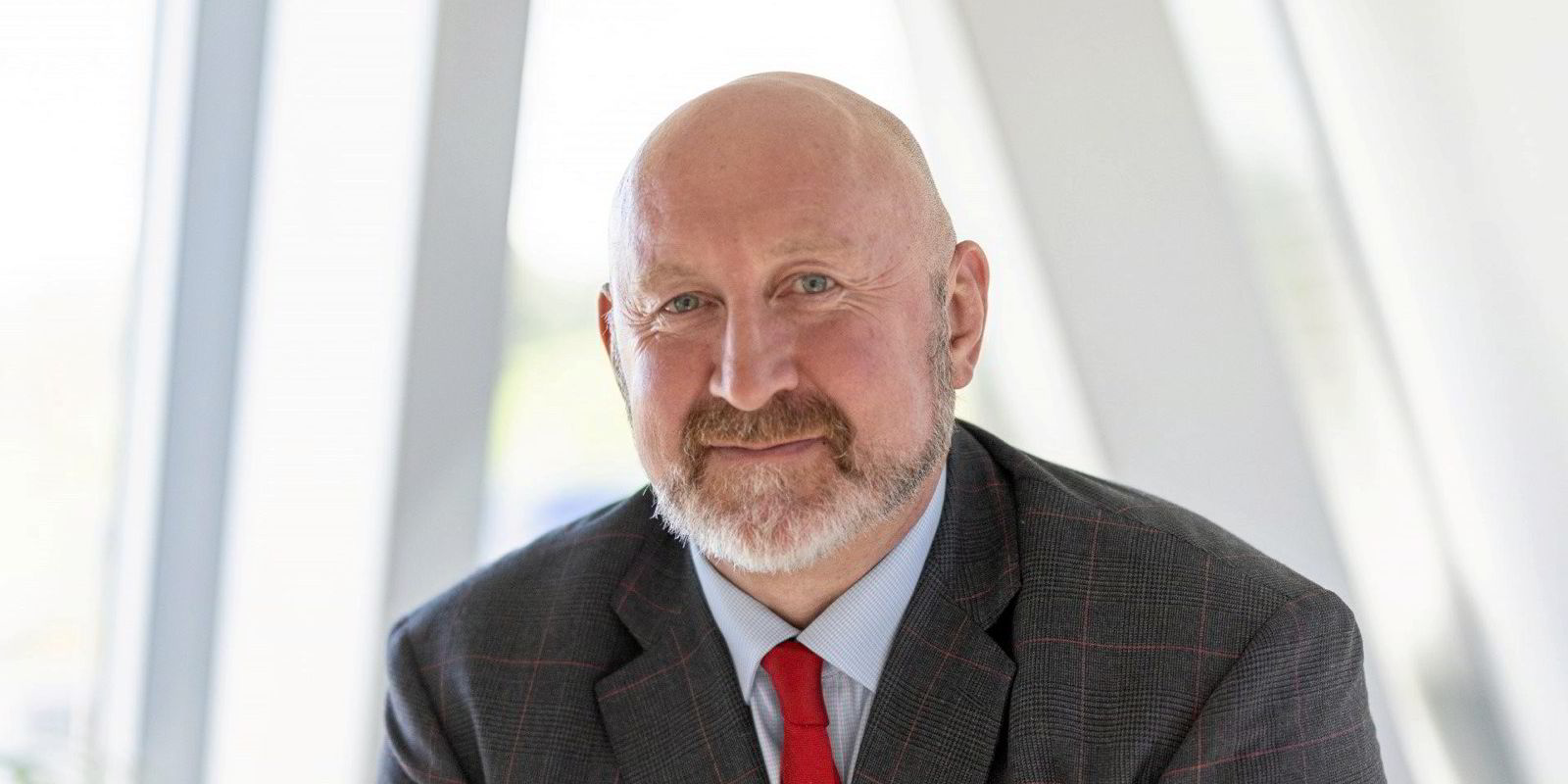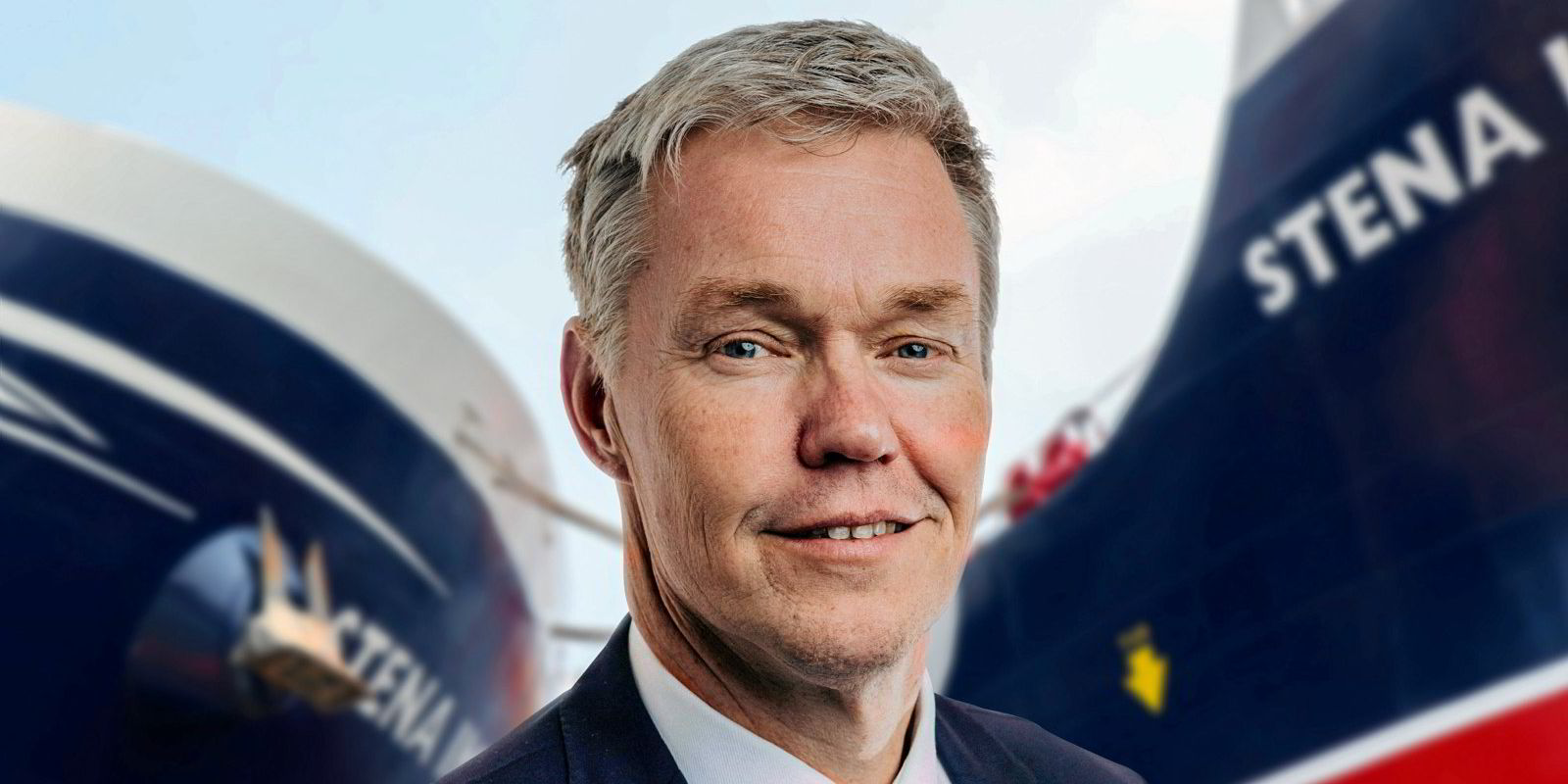Swiss methanol producer and shipowner Proman is hoping its new clean shipping fund can be a force for good as owners seek to secure energy transition funding.
The company has teamed up with Stena Bulk to form Low Emission Methanol Shipping Co (LEMSCO) with financing available from ABN Amro.
Other unnamed partners have invested in the operation, which starts with a core of four methanol-powered MR tankers owned by Proman and Stena.
Andrew Craig, Proman’s executive director of corporate finance, told TradeWinds the door is open to other equity investors.
“We’re happy to entertain those discussions and see how we can accelerate the reduction in greenhouse gas emissions for global shipping,” he said.
Craig explained that the support from Dutch lender ABN Amro reflects what the Poseidon Principles banking group is also trying to achieve.
“We’re very much focusing on providing financing to reduce emissions today, not something that’s in the never-never in 10 years time,” the finance boss added.
He said Proman and Stena would like to place the final two newbuildings in the series of MR tankers with the fund.
The next ship is due from Guangzhou Shipyard International in China at the end of November, with the sixth coming in January 2024.
Craig argues that developing a deep relationship with the shipbuilder allows the group to include future vessels in LEMSCO as well.
Fleet replacement in the offing
“Overall, we have 15 vessels in our fleet today. We will look to replace all of our vessels with low-emission methanol-powered vessels in time as some of those older vessels start to come off the operating leases they’re on,” he told TradeWinds.
But other shipowners will also be able to benefit.
“We’ve set the fund up to be a platform. So what we’d like to be able to do is potentially work with other vessel owners who face the same emissions problem but in different parts of the shipping sector,” Craig said.
“And to use that LEMSCO structure where we bring together our low-carbon methanol and, in the future, potentially green methanol so that shipowners have certainty over where the methanol has come from,” he added.
The Proman executive thinks working with a strong group of equity and debt providers will allow this to happen.
“And hopefully, that can mean shipowners can make accelerated decisions in terms of emissions reductions as we move into the latter part of the decade,” he said.
“We have to have to find the right partners and the right shipowners with the right motivations. So, like all these things, you’ve got to get out and about and meet people and talk to them. I think it’s easier to do that once you’ve got one up and running and can point to it and explain how it works,” Craig added.
More fuels in future?
The fund is aimed specifically at ships in all sectors fuelled by methanol.
But this could change in future.
“We’re also a significant ammonia producer, so maybe that’s a conversation down the road if the technology becomes proven,” Craig told TradeWinds.
“But certainly today, methanol is a proven technology — hundreds of thousands of hours of safe operating. It’s a very friendly fuel in terms of the user experience,” he said.
The finance chief added: “We’re pretty excited about the opportunity and looking forward to seeing what happens in terms of the further adoption of methanol as a marine fuel from our own internal sources at the minute.”
Proman believes there are probably about 400 to 500 methanol-capable ships already on order.






